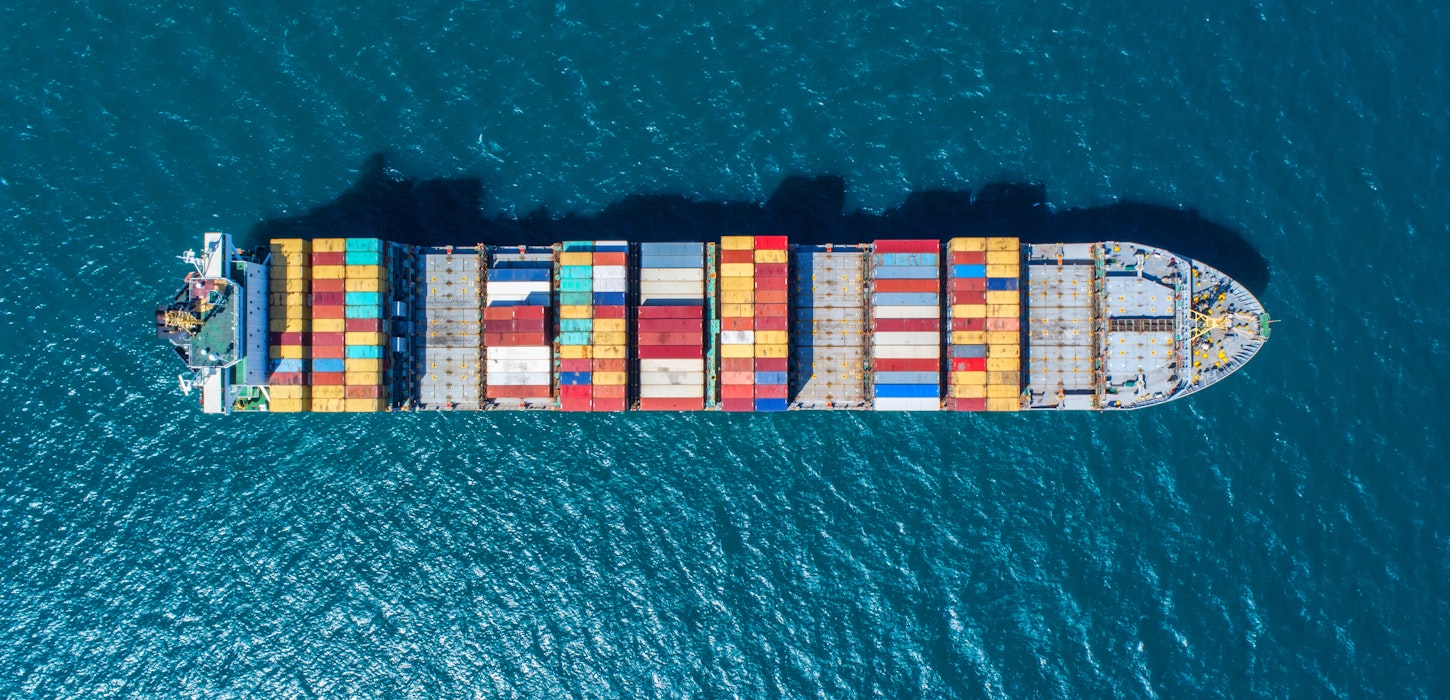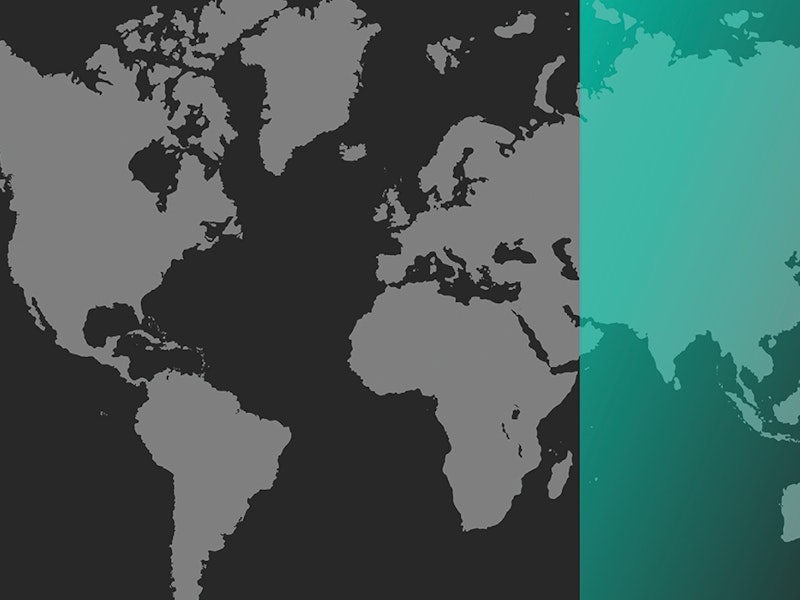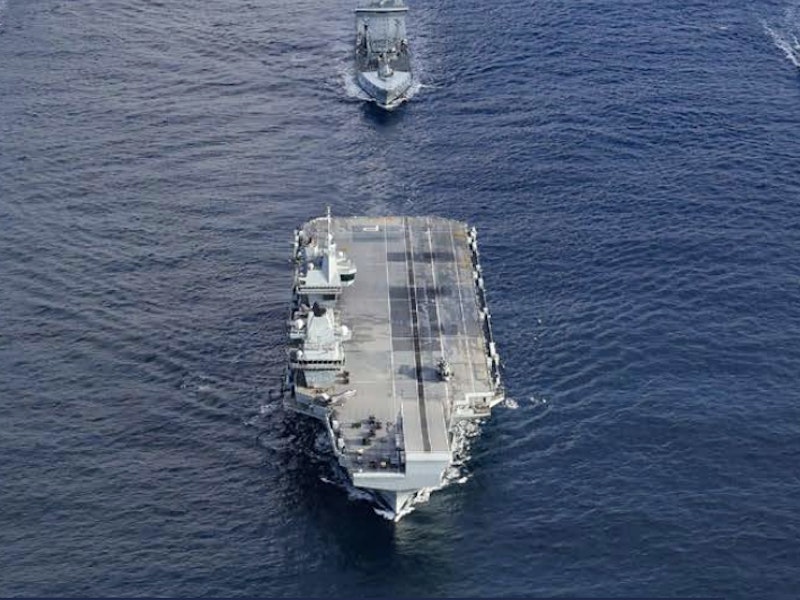
Is Trump's tariff strategy a double-edged sword?
Article originally published in the Spectator here.
Donald Trump is, at least, a man of his word. Before he won the US election, Trump said that China had ‘really taken advantage of our country’ and vowed to slap punitive tariffs on imports from the People’s Republic. As we have repeatedly seen, Trump carries through on his threats. ‘Liberation Day’ saw China hit with 54 per cent tariffs as payback for what the president deemed unfair policies, the highest rate on any country.
That this is part of a wider move against Beijing was made clear this week when, in a leaked memo, US Defense Secretary Pete Hegseth declared that ‘China is the [defence] department’s sole pacing threat’.
In the context of Making America Great Again, it is easy to understand why the US Administration would be targeting its main international rival. It is what every major power in history has done when faced with a rising competitor.
Attacking China also makes sense from looking at Trump’s voter base. In the last twenty years, America’s share of world manufacturing has almost halved, falling from 28 per cent in 2002 to 15.9 per cent in 2023. At the same time, China’s share has now risen to 31.6 per cent – more than the US, UK, Japan, and Germany combined.
Much of China’s success has been at the US’s expense. Thanks to cheap labour, an aggressive approach to other countries’ intellectual property, and heavy government incentives, Chinese firms have outcompeted their US rivals and sent many to the wall.
According to one report, the US has lost nearly four million jobs in the last two decades, mainly in manufacturing. While China’s rise has given consumers cheaper goods, the impact of this ‘China shock’ has left many regions in the US socially devastated, according to economists like David Autor. As well as causing unemployment, especially among working-class men, there is evidence that this deindustrialisation has significantly contributed to the massive spike in US opioid use and hundreds of thousands of ‘deaths of despair’.
This US demographic is a core part of Trump’s support. In his first presidential victory in 2016, counties where life expectancy had dipped – often fuelled by such ‘deaths of despair’ – were far more likely to have voted Republican than Democrat. It was Americans like this – the long-term unemployed, the desperate – who were powerfully described in vice president JD Vance’s book Hillbilly Elegy.
While protecting jobs from China is a sensible thing to do in terms of domestic politics, what isn’t helpful for the Administration’s cause is hurting US allies.
America is not an autarky. Its industrial and technological base needs inputs from elsewhere, commodities and components that it cannot produce itself. US allies make a significant contribution to the US supply chain, including in defence. The UK, for instance, is the second largest supplier to the US military. Canada is not far behind.
Asian allies like Japan and South Korea were also hit hard on Liberation Day, with tariffs of 24 per cent and 25 per cent respectively. These countries are of particular importance to the US supply chain, providing goods like refined metals and tech components.
Their economic importance is not just about imports though. They share a fear of China and actively want to work with the US on building out technologies and industrial components that would be of great benefit to all. Japan, for instance, is a leader in creating substitutes for the rare earths that China dominates with a 90 per cent market share. Washington has long sought to break free of Beijing’s control in rare earths, which are vital for defence and general technological applications. Partnering with an ally that wants exactly the same outcome should make strategic sense.
The irony of Trump’s tariffs is that the biggest competitor for Japanese and Korean companies are often Chinese. Thus, making Japanese and Korean goods more expensive is likely to benefit China – unless of course the US tariffs have been really well thought through.
A second key area of contention with China is over Taiwan. As Hegseth indicated, the Pentagon is determined to stop Beijing’s plans for forced reunification with the island. But again, the US needs allies for this. China has built up its military arsenal in recent years, perhaps the biggest rearmament anywhere since the Second World War, and now has an army and navy bigger than America’s. To counter China over Taiwan, it would need to make use of its troops stationed in Japan and South Korea to do so. Japan, with Asia’s second largest fleet, would also be of significant military support if there was a war. Going after these allies is not going to make the defence of Taiwan any easier.
The UK came off relatively lightly on Liberty Day, with tariffs of just 10 per cent. But if our allies are damaged by US tariffs, then this will hurt Britain too and weaken our collective ability to resist China and Russia. As the US comic Joey Adams once said, ‘With friends like these, who needs enemies?’.
Keir Starmer appears to have a good relationship with Trump. He should use this to make clear to the President that punishing US allies is not helpful for his strategy on countering Beijing. Only by looking after those countries it needs both economically and militarily will Washington be able to properly deal with its most difficult challenge, China.









